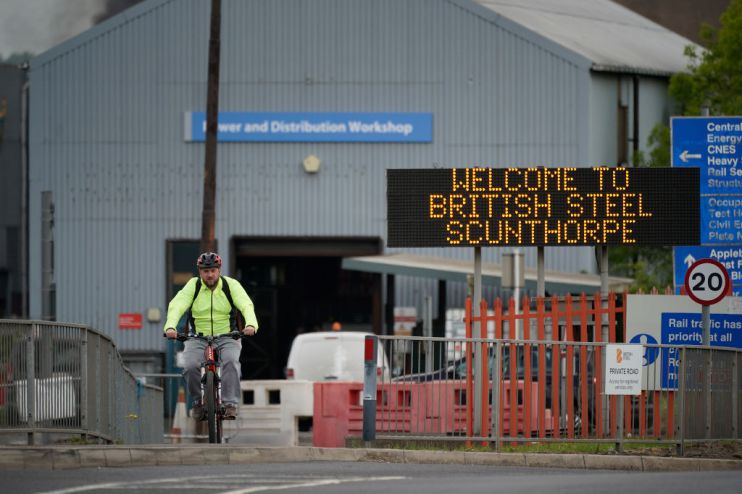Avoiding the mistakes of the British Steel pension scandal

For those of us who haven’t been blessed with gold-plated pensions, the mere thought of sacrificing a guaranteed income in retirement might seem insane.
So it may come as a surprise that around 210,000 people transferred out of defined benefit pension schemes in 2018/19, more than double compared to the previous year, according to figures from Royal London.
Transfer values have been reaching record highs, which have therefore tempted many savers to leave their relatively secure defined benefit pension plans behind in favour of less certain defined contribution schemes, where they can take advantage of the flexibility of the pension freedoms.
Steve Webb, director of policy at Royal London, points out that in some circumstances, it will make sense to transfer out of a defined benefit scheme. However, as we saw with the British Steel pension scandal in 2017, sometimes members are advised to transfer out when it is not suitable for them to do so.
In that instance, members were given the option to enter into a new Tata-backed scheme, move their money into the Pension Protection Fund, or transfer out completely. While the transfers in themselves aren’t necessarily bad, some savers claim to have lost tens of thousands of pounds in retirement income because they were given poor advice. Some even say that they were purposefully targeted by “vulturous” financial advisers, who benefitted from contingent charging (where an adviser only gets paid if a transfer goes ahead).
If you have a defined benefit pot worth over £30,000, you are required by law to obtain financial advice before you transfer. With average transfer values hitting the £150,000 mark, the problem is that members are given no guidance with how to source this advice, with many simply combing the internet in search of an adviser.
With British Steel, members were simply referred to a register of independent financial advisers, which led to poor outcomes for many savers.
Bear in mind that between April 2015 and September 2018, 69 per cent of advisers recommended transferring out of defined benefit schemes, despite the regulator’s starting assumption that this is unlikely to be in the interests of members.
Research by XPS Pensions Group found that in the vast majority of cases, transfers were made to expensive self-invested personal pensions, rather than low-cost schemes.
The Financial Conduct Authority (FCA) has been toughening up its stance around pension transfers, and published a package of proposals in the summer designed to improve the quality of advice.
But perhaps we should be questioning whether employers bear some responsibility for making sure that the members of a pension scheme have the right information available to them, particularly if they are thinking of transferring out of their plan.
A report published today by Eversheds Sutherland and Royal London questioned whether employers and trustees of defined benefit pension plans should help members to source financial advice.
Tesco, for example, is already looking to do this, by appointing two firms to take care of financial advice around members’ retirement savings.
With that said, the report points out that many employers are hesitant when it comes to recommending advisers because they don’t want to be implicated if that advice ends up being unsuitable.
When you consider that defined benefit transfer cases topped the list for new investigations in 2018/19 at the Pensions Ombudsman, you can see why trustees are concerned about being held liable for bad advice.
One way to tackle this is to ensure that it’s clear that the chosen adviser is not the only option, while making sure that trustees are absolved from responsibility for any advice, particularly as they don’t need to directly check what has been recommended, and whether the member has followed the advice.
But the report also highlights a number of reasons why employers might want to facilitate and provide a degree of oversight of financial advice for their members.
First, the average person doesn’t have the knowledge to make sound financial decisions around whether to transfer their pensions, as there are often lots of factors that need weighing up first. While the pension freedoms have given people more choice with what to do with their money, when you consider that this pot is likely to be the biggest asset most will accumulate in their lifetimes, a lot is at stake if they get the decision wrong.
If trustees offer members a choice of pre-selected financial advisers, they can ensure that their members are — at the very least — not being scammed out of their savings.
According to the FCA, unsuitable defined benefit transfer advice is estimated to leave UK consumers £2bn collectively worse off each year. And while there is no risk-free response to this issue, Francois Barker from Eversheds Sutherland warns that the British Steel case demonstrates the reputational damage which can be done when members are left to find their own sources of advice.
“Trustees who engage with the issue in a properly governed way may well be less exposed than those who do nothing at all.”